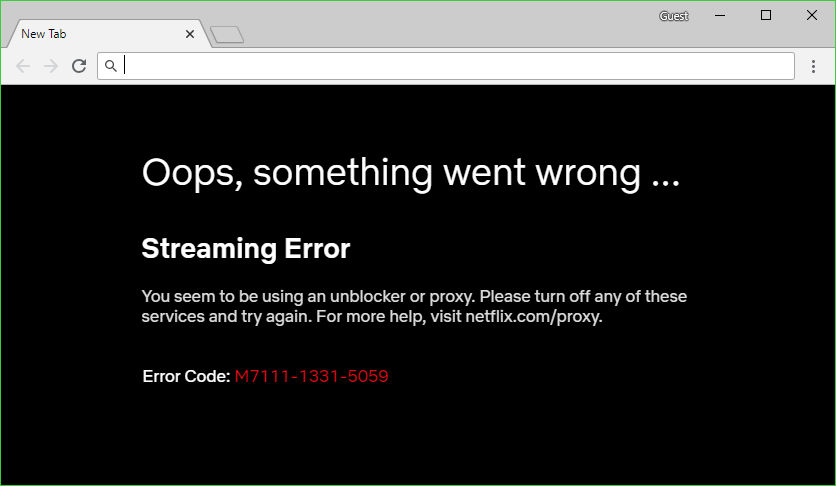Is streaming with a VPN legal?
It's tempting, but is it legal?

A virtual private network (VPN) gives you privacy and anonymity online by hiding your true IP address. It creates an encrypted data tunnel between your local network and the VPN provider. All your internet browsing is relayed through this secure channel.
Besides keeping your surfing private, you can use a VPN to make it appear as if you’re in another country. People often use this feature of VPNs to view geo-restricted video streams. Really handy, but is this legal?
- See also: today's list of the best working streaming VPNs
Is it legal to use a VPN?
VPNs are in widespread use for legitimate purposes by government organizations, companies and individuals worldwide. Governments use VPNs as an additional layer of security to protect sensitive data, corporations rely on them to secure their workplaces, and individuals use them to stay anonymous online.
So, utilizing a VPN isn’t illegal—unless you are in a country that has banned VPNs. Certain countries, such as China, Iran, Russia, Turkey, and the UAE, have heavily restricted the use of VPNs. Other countries, like Belarus, Iraq, North Korea, Oman, and Turkmenistan, have passed laws that prohibit the use of VPNs entirely.
No matter where you are, you should only use a VPN for lawful purposes. Gaining unauthorized access to computers, sharing files illegally, buying prohibited goods, and cyberstalking are all examples of criminal activities, regardless of if you use a VPN.
What about streaming content with a VPN?
Streaming services, like Netflix, Amazon Prime, BBC iPlayer, HBO Max and Hulu, have region-restricted content that you can only watch if you’re in the right country - or you use a VPN to change your location.
Using a VPN to access Netflix, for example, is explicitly against the company’s terms of use. This means Netflix reserves the right to end your contract for using a VPN. But so far, Netflix has never reportedly terminated a user’s contract for using a VPN and has shown little interest in doing so.
Get daily insight, inspiration and deals in your inbox
Sign up for breaking news, reviews, opinion, top tech deals, and more.
It’s important to note that using a VPN to access a streaming service may be against the company’s terms of use, but that doesn’t make it illegal.

What if I’m caught streaming using a VPN?
Nothing should happen if a streaming company detects that you’re using a VPN to view its geo-blocked content. For example, Netflix displays a warning telling you to disable your VPN. But your Netflix account is unlikely to be suspended.
Netflix has technology that can verify your geographic location and detect the use of a VPN. But the best VPNs for Netflix fly under the radar, letting you view region-blocked streaming content wherever you are in the world.
Of course, we should point out that using a VPN to access foreign Netflix content and that of other streaming services is done entirely at your own risk.
Is streaming with a VPN legal?
Using a VPN to stream content is legal, though it may go against the streaming service’s terms of use. That said, some countries have restrictions or outright bans on VPNs, so check that you’re not breaking the law just by using a VPN.
Read more:
- With so many sites banned, using a working VPN for China is handy
- Try before you buy thanks to a VPN with free trial
- ExpressVPN vs NordVPN: compare two of the game's biggest players
Richard brings over 20 years of website development, SEO, and marketing to the table. A graduate in Computer Science, Richard has lectured in Java programming and has built software for companies including Samsung and ASDA. Now, he writes for TechRadar, Tom's Guide, PC Gamer, and Creative Bloq.
